Description
Narasimha Tablet by Sitaram Ayurveda is a herbal supplement derived from the classical combination of Narasimha Rasayanam, enriched with the goodness of natural herbs like bringaraj, karingali, venga, and triphala.
Bringaraj fights hair loss and premature greying. The antioxidants and Vitamin C in amla aid in collagen synthesis, maintaining the strength and structure of hair strands and nourishing hair follicles. This makes Narasimha Tablet an exclusive Ayurvedic solution for your hair’s health.
Varadi Kashayam is a simple combination of Triphala with Loha choorna and a digestive drugs, mentioned in the context of ‘Sthoulya Chikitsa’ or weight management in the Sahasrayoga.
‘Kashaya’ or herbal decoctions harness the healing properties of herbs and roots in a mild and easily absorbable water base. The tablet of Varadi Kashayam modification allows easy transportation and administration, without compromising on its therapeutic benefits.
Key Ingredients:
KHADIRA (Acacia catechu)
Also known by the names Cutch tree and Karingali in Malayalam, Khadira is mainly a skin tonic. Traditionally it had been used for centuries to treat skin diseases like psoriasis, eruptions, boils, eczema, dermatitis, hives, and acne. Khadira bark is proven to have anti-inflammatory, antimicrobial, antifungal, and antioxidant properties. The plant extract is a tried and tested remedy for diarrhea, cough, asthma, white discharge, gastric irritation, gingivitis, etc. Can be administered internally (kashaya, arishta, etc.) as well as externally (powder, oil, mouthwash, etc.). It shows pain-relieving activity in conditions like osteoarthritis.
CHITRAKA (Plumbago zeylanica)
This is a potent carminative that highly benefits the digestive system. It is a solution for some of the common ailments that involve the digestive system such as indigestion, diarrhea, constipation, anorexia, mouth ulcers, abdominal distension, abdominal pain, burning sensation, etc. It relieves the signs of inflammation, removes toxins, kindles digestive fire, cures malabsorption, and is useful in all diseases of Vata or Kapha origin.
ASANA (Pterocarpus marsupium)-
Asana is an astringent herb with action on Kaphaja and Pittaja diseases. It mainly aids in the cure of skin diseases like vitiligo, herpes, psoriasis, and worm infestation. Asana has also been used traditionally in various menstrual disorders such as menorrhagia, and inflammatory conditions like urinary tract infection, arthritis, etc. Heartwood and resin are the major parts used. The bark is sometimes used in the management of digestive tract disorders. Can be consumed internally and applied topically.
VIDANGA (Embelia ribes)-
Known as false black pepper because of its resemblance to pepper, Vidanga is an excellent remedy for worm infestation, and in fact, named Krimighna due to the above-said property. It regulates the levels of both Kapha and Vata, and fruits and roots are the main parts used. It also cures digestive ailments such as abdominal pain, bloating, poor appetite, ascites, etc. Vidanga helps get rid of intestinal parasites with its anthelminthic properties and constipation with its laxative action.
TRIPHALA
Haritaki (Terminalia chebula), Vibhitaki (Terminalia bellerica), and Amalaki (Emblica officinalis) are the three myrobalans collectively known as Triphala. The noteworthy property of Triphala is its Rasayana (rejuvenating) action. Together they increase the levels of collagen and elastin, increase cellular antioxidants, reduce hyperpigmentation, and thus act as an efficient anti-aging factor. It balances all three doshas (Vata, Pitta, and Kapha) and maintains internal equilibrium. Haritaki has anti-inflammatory properties that help cure infections. It also reduces the redness and blemishes of the skin and is an effective wound healer. All the Sanskrit synonyms of Amalaki mean either ‘nurse’ or ‘mother’. As the names suggest, it nurses your skin tissues tenderly and molds them into their best form. Being used for centuries, Amalaki is proven to be the promoter of healthy skin and therefore, keeps it young and fresh. It is rich in antioxidants that help to get rid of toxic free radicals that affect the skin. Vibhitaki or Bibhitaki, the healer of Kapha is an excellent wound healer, and its bark is employed in various skin conditions including vitiligo.
BHRINGARAJA (Eclipta alba)
It is a praiseworthy ingredient of numerous Ayurvedic formulations meant for rejuvenation and blood purification. This herb is a key benefactor of liver health- the antioxidants in the plant are known for scavenging free radicals, the toxic by-products of energy production. By reducing the toxins reaching the liver, it cleanses the blood and regulates the metabolic activities of the body. Ayurveda categorizes Bhringaraja as one of the Keshya (hair growth booster) drugs, as it helps in the growth of strong, lush hair and prevents premature greying by strengthening the follicles and alleviating scalp itching.
HARITAKI (Terminalia chebula)
Commonly known as Indian walnut tree, it is one among the Triphala. The important drug in the various ayurvedic preparations. It holds high significance for treating diarrhea, dysentery, vision problems, obesity, gingivitis, gout, asthma. Haritaki is rich in Vitamin C and substances found to have antioxidant and anti-inflammatory effects.
VIBHITAKI (Terminalia bellerica)
Commonly known as Bahera, it is one among the Triphala. The fruit of the plant is used. The drug is used in the preparation of many rasayanas as well used in obesity, maintaining blood sugar level, enhances digestion, relieves constipation, etc.
AMALAKI (Embilica officinalis)
Commonly known as Indian gooseberry, it is one among the Triphala. Rich with Vitamin C, Amalaki is known for its anti-aging property and as an immunity booster. Commonly used for maintaining cholesterol levels, heartburn, and in diabetic conditions. Easily available in the kitchen as a side dish.
ASANA (Ptenocarpous marsupium)
It is also known as Indian Kino tree or Vijayasara. Tree bark is used for medicinal purpose. Prevents damage of the pancreatic cells thus helps in maintaining blood sugar level, used in skin conditions, digestive problems, hair fall, etc.
DAHANA (Plumbago Zylanica)
The whole of the plant is used for medicinal purposes. The word Dahana means that burns or digests. This medicinal herb is used mainly in indigestion cases along with carminative, antiaging properties. It also helps manage atherosclerosis as it prevents the deposition of fatty substances in arteries and maintains the blood flow in the body.
AYAPATRA
Elemental iron is used for preventing and treating anemia caused by low iron levels. It is also used for anemia caused by abnormal heavy bleeding during menstrual periods (menorrhagia), pregnancy, or kidney problems.
NISHA (Curcuma longa)
Commonly known as turmeric and easily found in the kitchen, it possesses anti-inflammatory, anti-allergic, anti-oxidant properties. The drug is commonly used in insect bites, indigestion, anorectal conditions like hemorrhoids, etc. Turmeric powder mixed in water and taken in the early morning eliminates the toxins from the body.


 Sign In
Sign In Cart
Cart 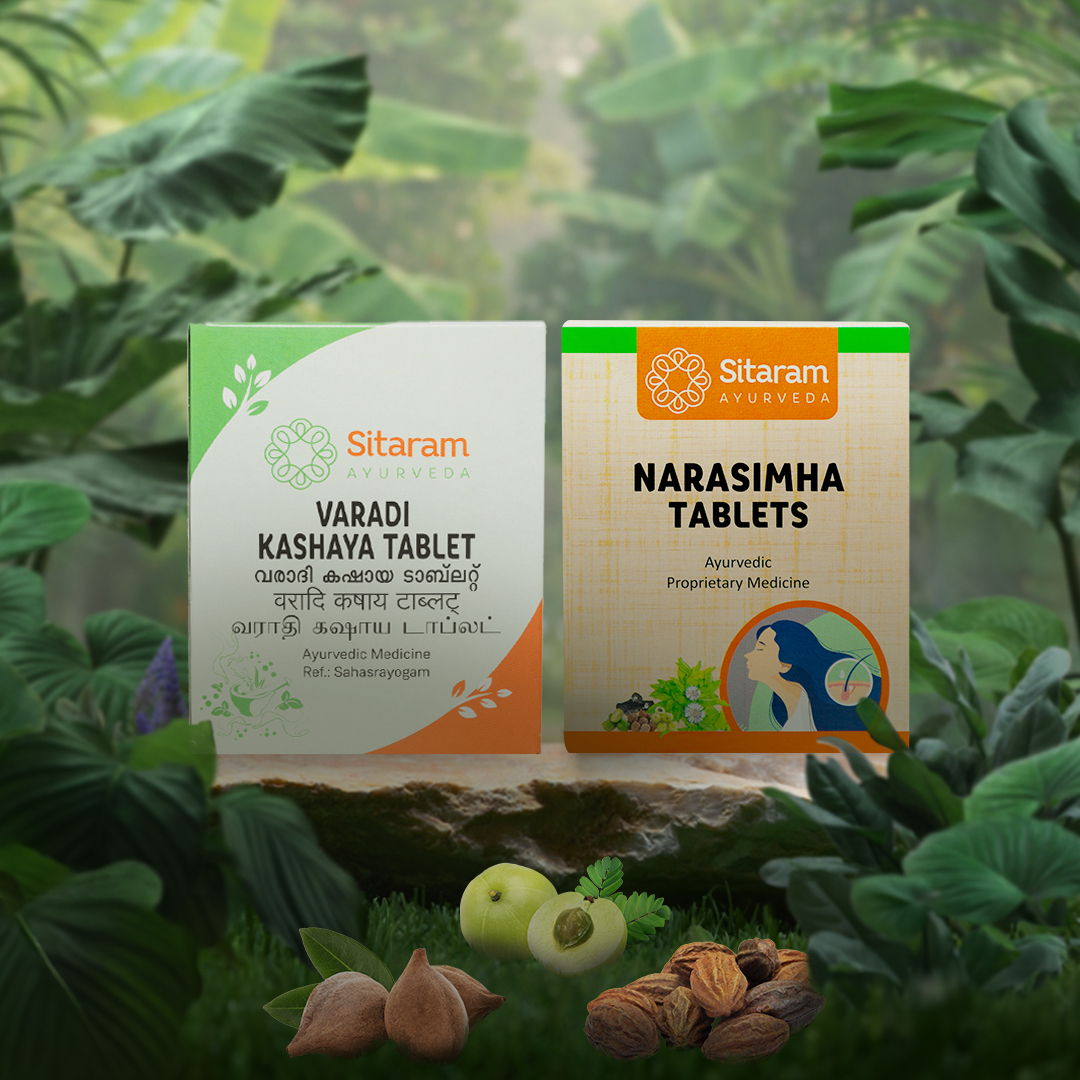
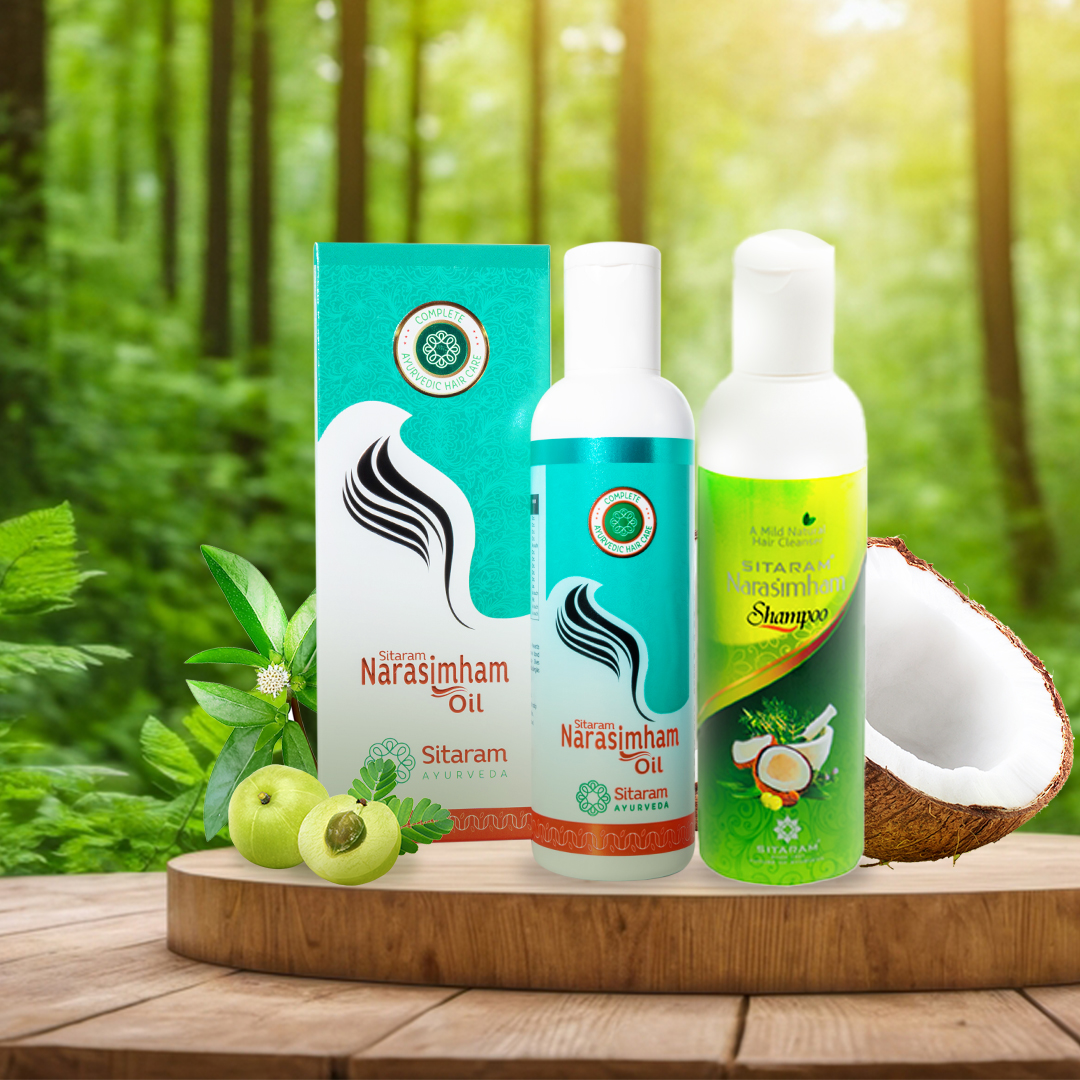
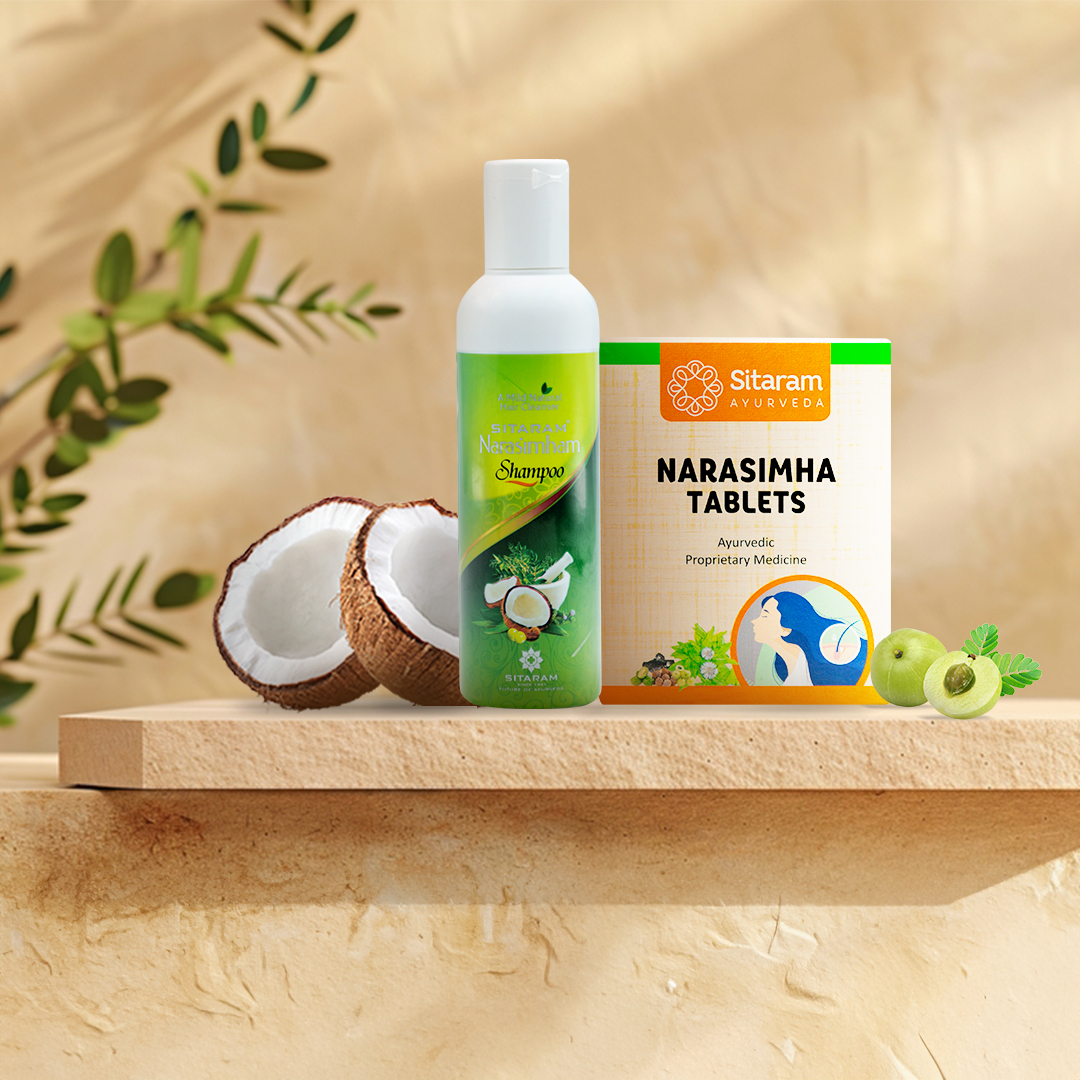
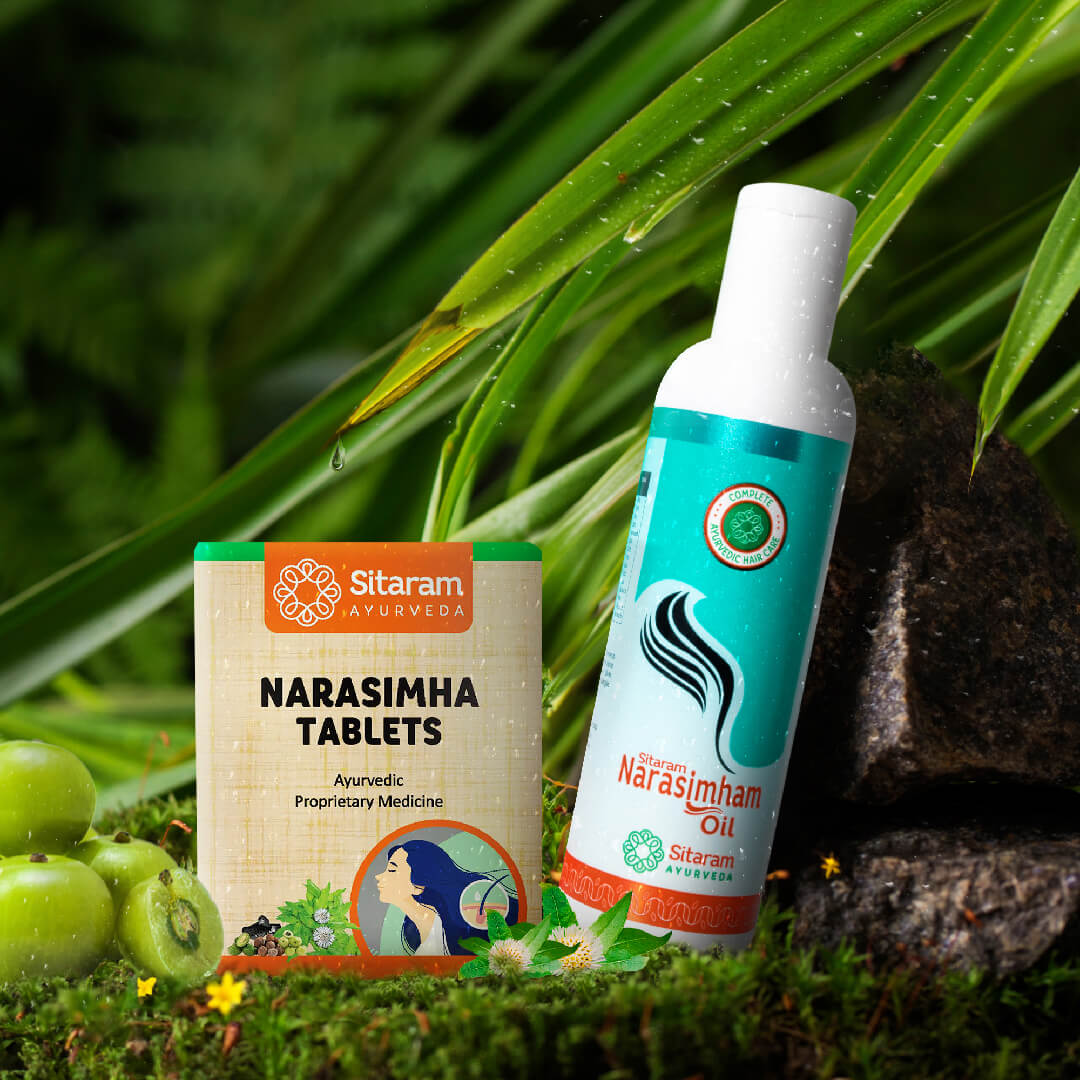
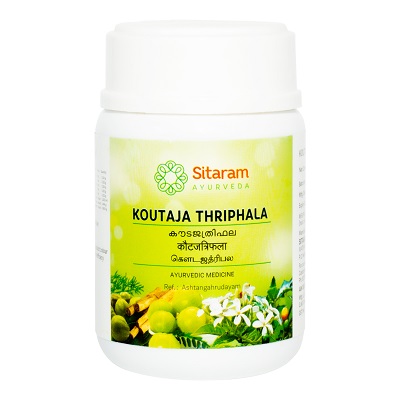
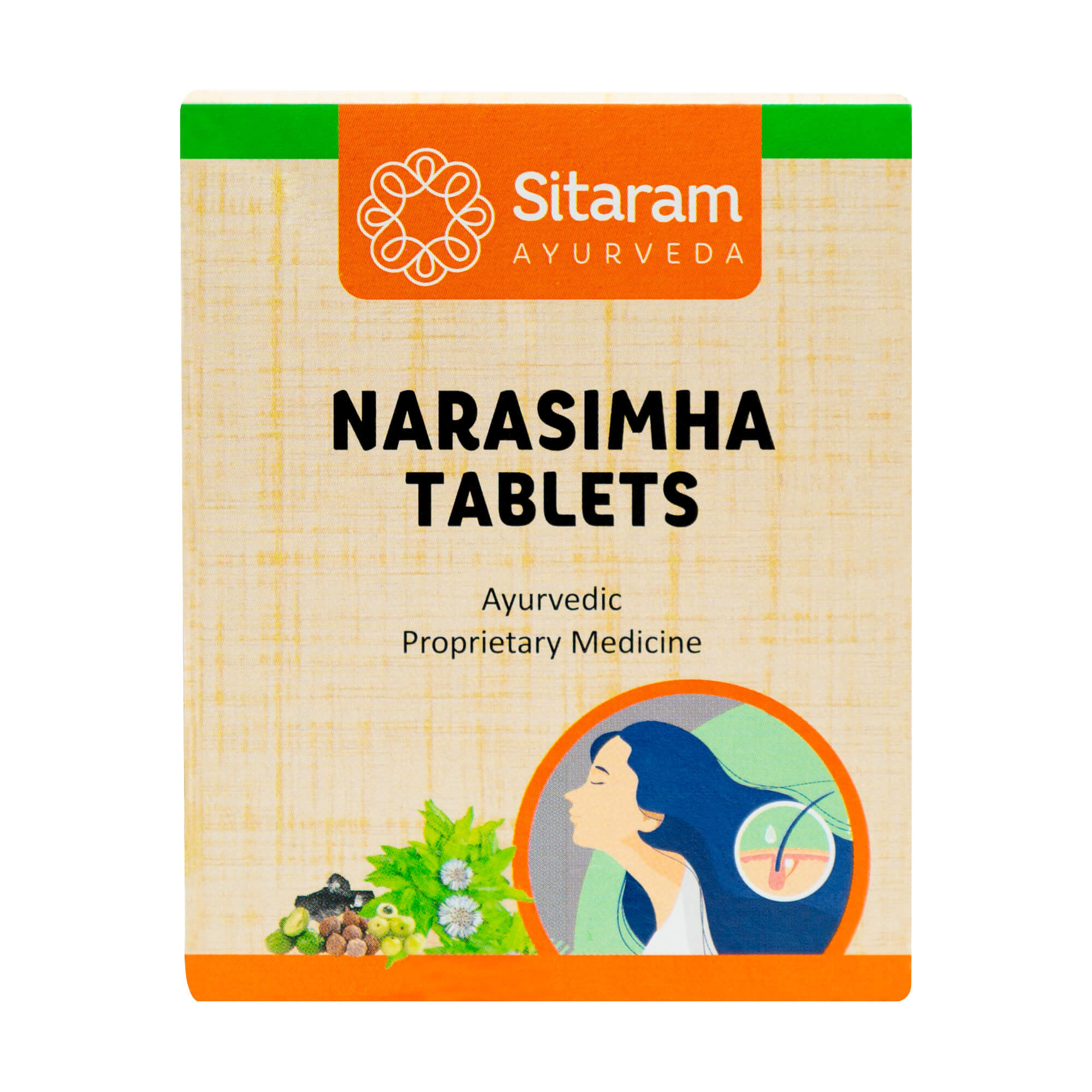
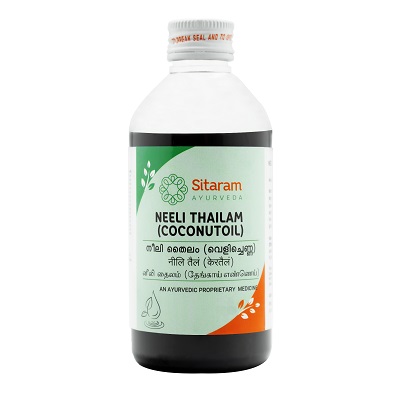
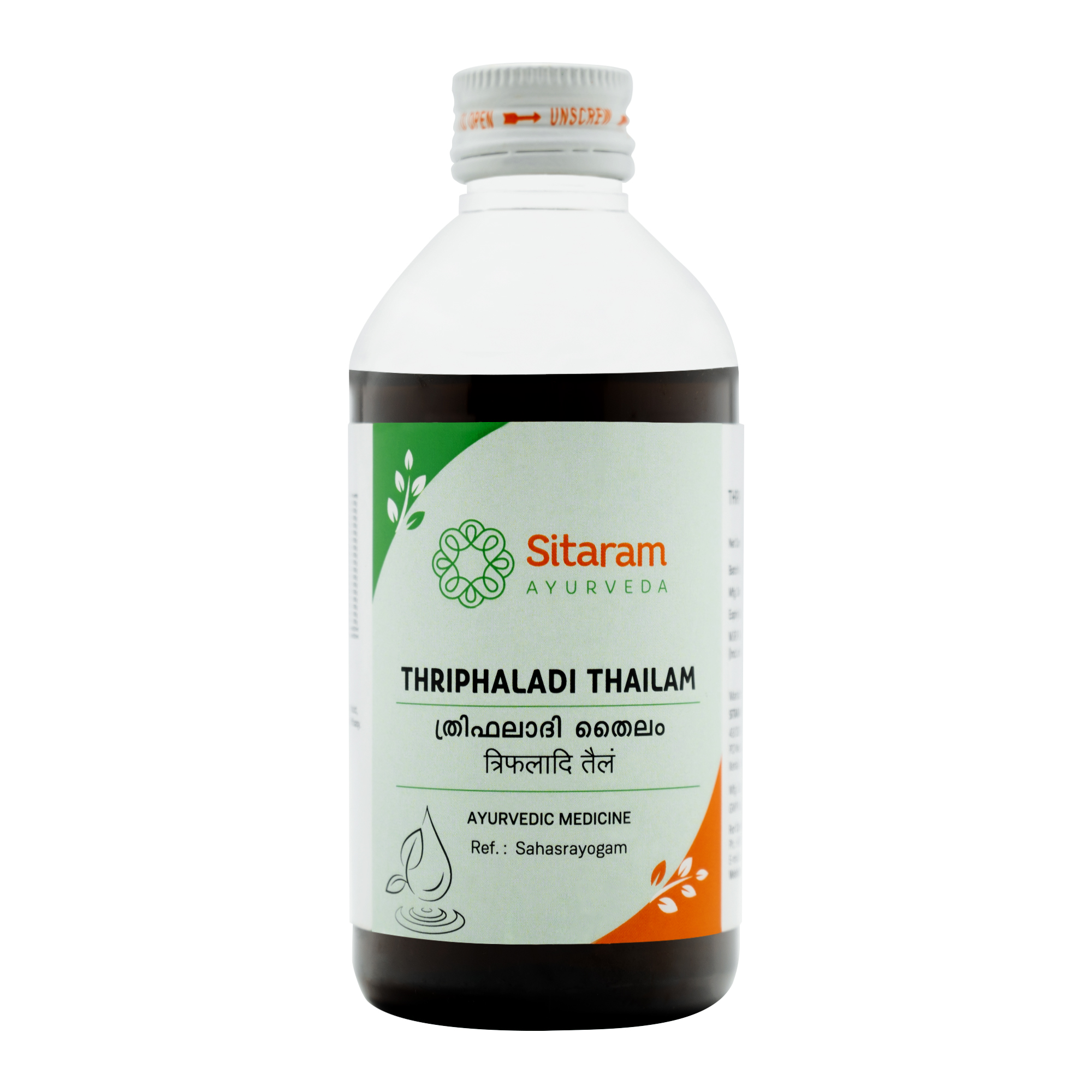
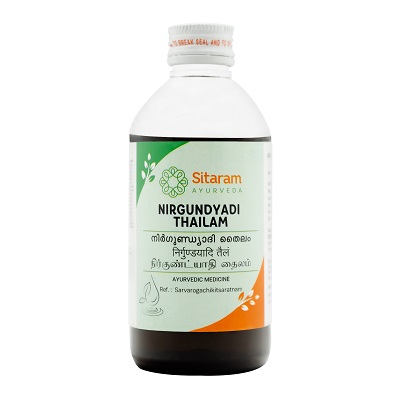
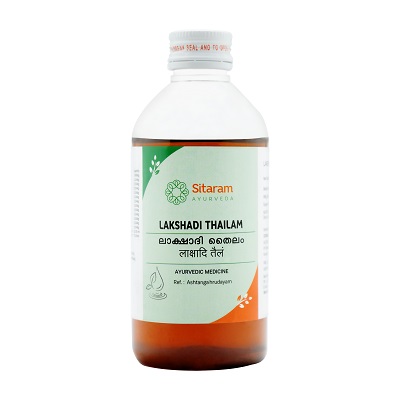
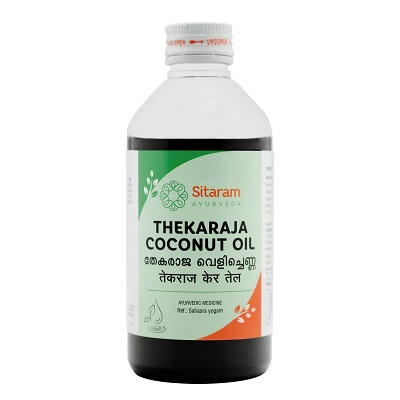
Reviews
There are no reviews yet.